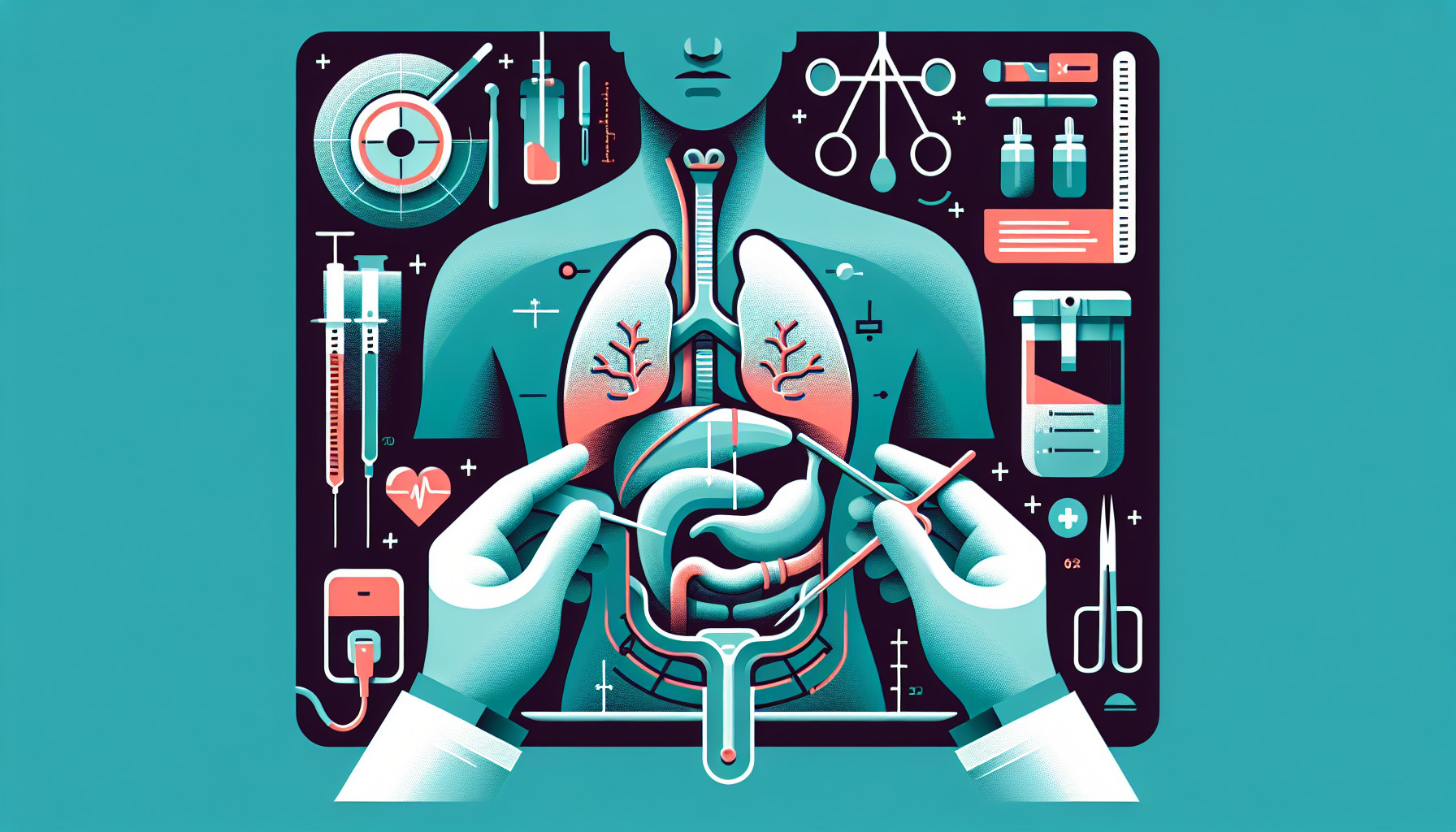Our Summary
Mycoplasma hominis is a bacterium that often lives harmlessly in the urinary and genital tract of some people. However, in people with weakened immune systems, such as those who have received organ transplants, it can sometimes cause disease. In this paper, the researchers describe the case of a 39-year-old man with kidney failure due to diabetes, who received a combined kidney and pancreas transplant.
Two weeks after the transplant, the man developed pancreatitis (inflammation of the pancreas) and arterial thrombosis (blood clots in the arteries), and had to have his pancreas removed. However, his new kidney continued to work well. Another two weeks later, he started experiencing severe pain in his left hip. A scan showed that he had a trochanteric bursal effusion - essentially, fluid build-up in the hip joint. Tests showed that this fluid was infected with Mycoplasma hominis.
The man was treated with the antibiotic doxycycline, taking 100 mg twice a day for 9 months. Four months after starting treatment, the fluid in his hip had completely disappeared. The researchers also looked at all previous reported cases of Mycoplasma hominis infection in people who had received organ transplants.
FAQs
- What is Mycoplasma hominis and how can it affect transplant recipients?
- What were the complications experienced by the patient who received a simultaneous pancreas-kidney transplant?
- How was the Mycoplasma hominis infection treated in the case presented?
Doctor’s Tip
A doctor might advise a patient undergoing a pancreas transplant to be vigilant for any unusual symptoms, such as severe abdominal pain or signs of infection, and to promptly report any concerns to their healthcare provider. They may also emphasize the importance of following a strict medication regimen to prevent complications and maintain the health of the transplanted organ.
Suitable For
Patients who are typically recommended for a pancreas transplant include those with type 1 diabetes who have difficulty controlling their blood sugar levels despite optimal medical therapy, as well as those with end-stage renal disease who are also in need of a kidney transplant. Patients with severe complications of diabetes such as frequent episodes of hypoglycemia, hypoglycemia unawareness, and diabetic nephropathy may also be considered for a pancreas transplant. Additionally, patients who have had a previous kidney transplant and are experiencing complications related to diabetes may benefit from a simultaneous pancreas-kidney transplant.
Timeline
Before pancreas transplant: The patient is diagnosed with end-stage kidney disease secondary to diabetic nephropathy and undergoes evaluation for transplant candidacy. Once deemed eligible, the patient is placed on the transplant waiting list and undergoes extensive pre-transplant evaluations and testing.
Day of pancreas transplant: The patient undergoes a simultaneous pancreas-kidney transplant surgery.
2 weeks post-transplant: The patient develops pancreatitis and arterial thrombosis, requiring a pancreatectomy. Despite this complication, the kidney allograft function remains normal.
2 weeks post-transplant (second complication): The patient develops severe left hip pain, which is found to be due to a trochanteric bursal effusion. M. hominis is isolated from the effusion.
Treatment: The patient is treated with 100 mg of doxycycline twice daily for 9 months, leading to full resolution of the effusion at 4 months post-treatment.
Follow-up: The patient continues to be monitored closely for any signs of infection or complications related to the pancreas-kidney transplant.
What to Ask Your Doctor
What are the risks and benefits of a pancreas transplant for me?
How will the pancreas transplant affect my overall health and quality of life?
What is the success rate of pancreas transplants at this hospital or transplant center?
What is the recovery process like after a pancreas transplant?
What medications will I need to take after the transplant and what are the potential side effects?
How will the pancreas transplant affect my diabetes management?
What are the signs and symptoms of complications after a pancreas transplant that I should watch out for?
How often will I need to follow up with my transplant team after the surgery?
Are there any lifestyle changes I should make after a pancreas transplant?
What are the long-term outcomes and potential risks of a pancreas transplant for someone with my medical history?
Reference
Authors: Hulme-Jones JP, Gordon DL, Barbara JA, Li JY. Journal: Transpl Infect Dis. 2020 Dec;22(6):e13392. doi: 10.1111/tid.13392. Epub 2020 Jul 24. PMID: 32603519
